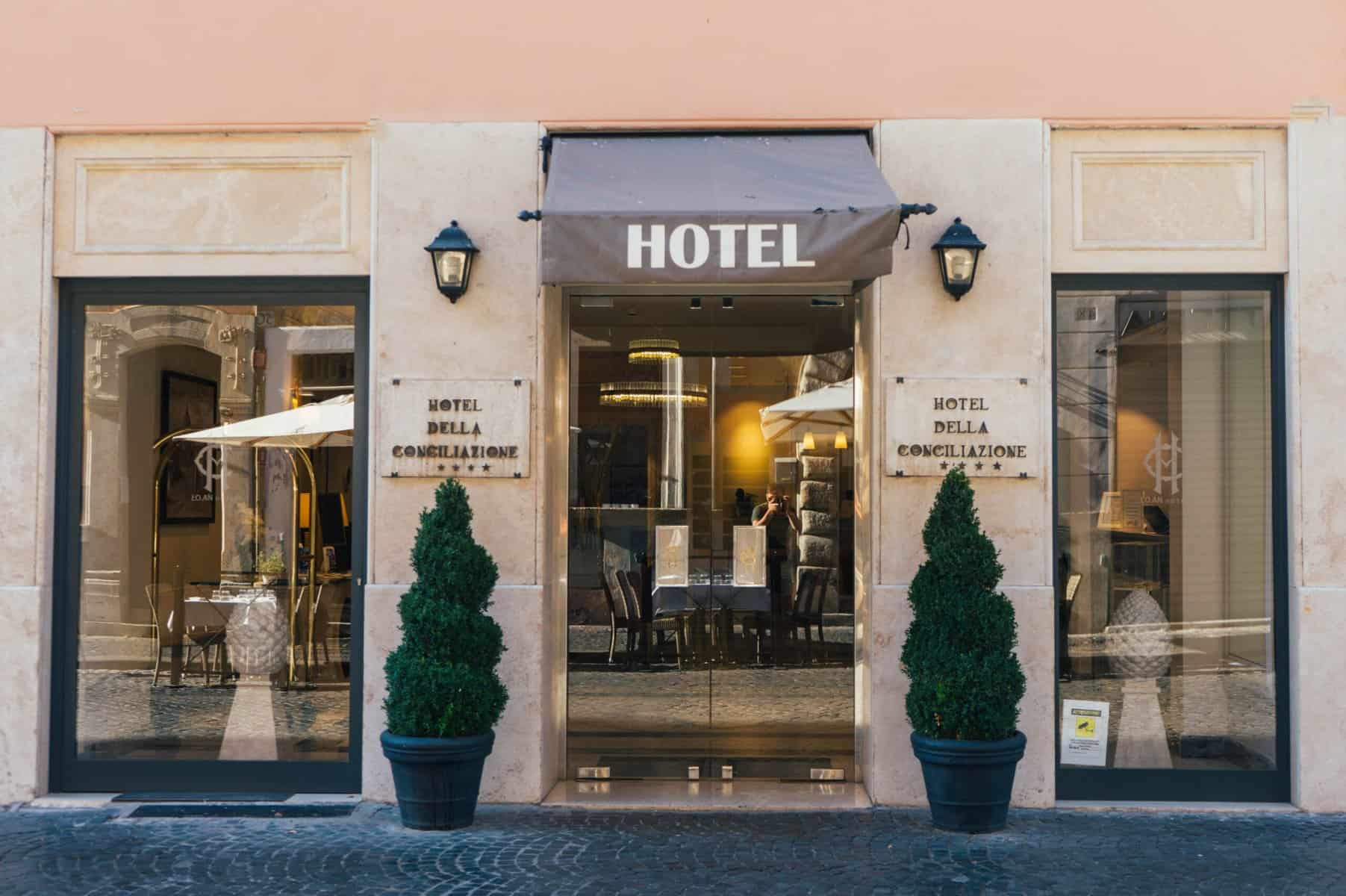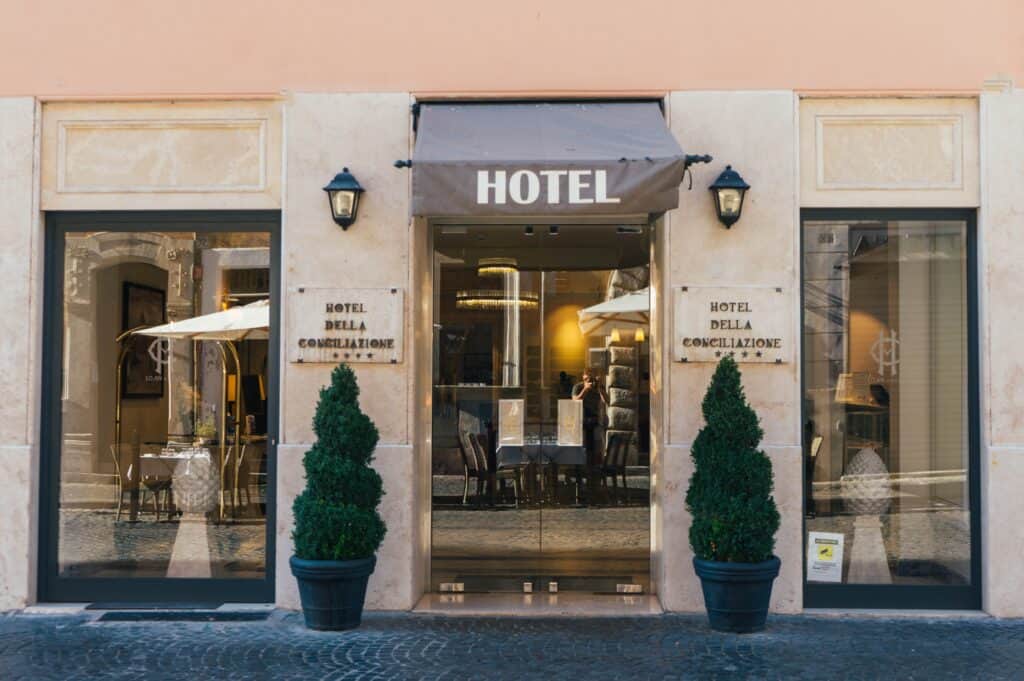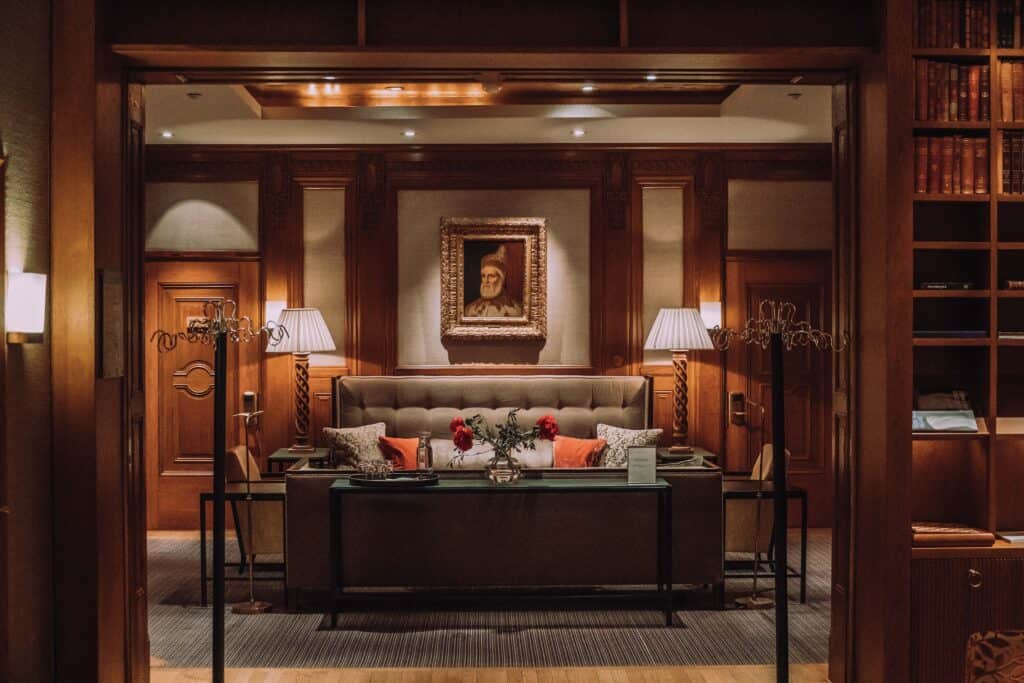
The Ultimate Guide To Booking Hotel Rooms

Whether you’re planning a weekend break, romantic getaway, family vacation, or a business trip, choosing the right hotel room can significantly enhance your travel experience. With hotels offering a wide range of room types and at different prices, it can be challenging to understand what each one offers and which is best for your trip. This guide will help you navigate the world of hotel rooms, from basic rooms to suites along with tips on how to book the perfect room for each trip based on your needs, preferences, and budget.
Firstly, let’s start with the different types of room that are typically available.

Hotel Rooms
Standard Rooms
Are basic rooms, often referred to as standard rooms, typically include a bed, a bathroom, a TV, and basic amenities such as toiletries and towels. Some hotels might offer a mini-fridge or a kettle. It is common for hotels to offer standard rooms based on occupancy. Mostly single or double and some hotels offer triple and even quadruple rooms.
Pros: Standard rooms are usually the most affordable option, making them ideal for budget-conscious travellers. They provide all the essential comforts you need for a good night’s sleep.
Cons: These rooms tend to be smaller and lack the luxury features found in higher room categories. They may also have limited views and are found on lower floors; so could be more noisy. If you are sharing a basic room, it could end up being very cramped.
Best Suited For: Solo travellers, couples, short stays, or those who plan to spend more time out and about than in the room.
Deluxe/Superior Hotel Rooms
Deluxe or superior rooms are typically more spacious than standard rooms, often offering additional amenities such as a larger tv, seating area, high-quality linens and toiletries, better views and sometimes a balcony space.
Pros: More space to stretch out and relax along with enhanced comfort and amenities.
Cons: Can be significantly more expensive than a standard room and the definition of deluxe or superior can differ greatly from hotel to hotel.
Best Suited For: Those who value comfort and luxury during their stay, or for travellers who are planning to spend a significant amount of time in the room. They’re also a great choice for special occasions.

Executive Hotel Rooms
Executive rooms are another step up from standard standard rooms. Again, they offer more space, and upgraded amenities. These rooms often come with a desk or working area and additional perks such as free/faster WI-FI and access to the hotel’s executive lounge.
Pros: Executive rooms provide a more luxurious experience and access to the executive lounge can be a huge benefit for business travellers or those travelling solo.
Cons: Executive rooms come at a price.
Best Suited For: Business travellers who need the additional space for work or meetings and to relax in after a long working day.
Hotel Studios
Studios in hotels combine the services and amenities of a hotel with the space and privacy of an apartment feel, offering a hybrid accommodation option. Studio rooms, sometimes called apartments, can vary in size and amenities, but they usually include a living space and a small kitchenette with a fridge, a microwave, and some basic kitchen supplies.
Pros: Offering more space than a typical hotel room, adding to the comfort and making them a suitable choice for longer stays. Additionally, they afford a degree of privacy not always found in shared accommodations or standard hotel rooms. Furthermore, studios give you access to hotel services (such as housekeeping) and amenities such as toiletries and towels.
Cons: For longer stays, studios may lack the homey feel of a private apartment, and they can be more expensive than other accommodation options. Also, while they do provide more space than a typical hotel room, they may still feel cramped compared to an apartment rental.
Best Suited For: Well suited for those on extended trips, solo travellers – that want privacy and space along with hotel services and amenities.

Hotel Suites
Hotel suites are the pinnacle of luxury in a hotel. Suites typically consists of one or more bedrooms, a separate living area, and sometimes a kitchen space or dining area. Suites are designed to offer guests a more luxurious and comfortable experience, with added privacy and convenience. They can vary in size and luxury level, from junior suites to extravagant presidential suites.
Pros: The separation between the sleeping and living areas offers greater privacy and space than a regular hotel room. The kitchen are allows for basic food preparation and often comes stocked with refreshments.
Cons: Suites will be significantly more expensive than other types of rooms.
Best For: Couples or business travellers who want more luxury and privacy or for special occassions.
Presidential & Penthouse Suites
The crème de la crème of hotel accommodations, presidential and penthouse (situated on higher floors) suites are often luxuriously appointed and offer the most space, with multiple bedrooms, lavish bathrooms, a kitchen and exclusive hotel services like a butler or private concierge.
Pros: They provide the highest level of luxury, comfort, and privacy, along with exclusive services (including a butler) and amenities.
Cons: As they are the most luxurious and spacious areas of the hotel, the cost is going to be significantly higher than all other room and suite options.
Best For: Those that are seeking the most luxurious hotel experience.

Top Tips for Booking the Perfect Hotel Room
Here are our top tips to help you book the best possible room for your next hotel stay.
Understand Room Types: Now you know all the room options that are possible, hotel rooms and standards can vary from hotel to hotel. So check the room options being advertised and compare all the options.
Check the Amenities: Amenities can significantly enhance your hotel experience. Look for features that matter to you, like free Wi-Fi, breakfast, gym, pool, or spa facilities. Some hotels also offer shuttle services to and from the airport. This is a great perk, especially if you are travelling in larger groups.
Read Reviews: Reviews from past guests can provide valuable insights. Look for consistent comments about cleanliness, service quality, and location. However, treat excessively negative or positive reviews with a bit of caution.
Compare Prices: Prices can vary significantly between travel websites. Use websites such as booking.com and comparison tools like Trivago and Kayak to compare hotel rates. Remember, the cheapest option may not always offer the best value.
Head to our Travel Resources page to see what resources we always use for our hotel bookings.
Look for Deals: Go directly to the hotel website. Many hotels offer deals for booking directly and also consider joining hotel loyalty programs for discounts and perks.
Understand Cancellation Policies: Plans can change, so it’s crucial to understand the room cancellation policy. Look for hotels and booking sites that offer free cancellation within a certain timeframe.
Consider the Size of Your Party: If you’re traveling with family or a large group and you have to book multiple rooms, request for rooms next to each, on the same floor or interconnecting rooms.
Check-In/Check-Out Times: Be aware of the hotel’s check-in and check-out times. Some hotels offer early check-in or late check-out options (sometimes for a fee) so check if this option is possible.
Ask Questions: For any questions and requests contact the hotel directly. Hotels will usually do their best to support your requests especially if they know what they are in advance; and if they are unable to at least you know and can plan appropriately.
For more hacks on hotels, read our great blog on The Best Hotel Hacks That Every Traveller Should Know.
Head to our Travel Resources page to see all the travel resources we always use for all our hotel and trip bookings.

